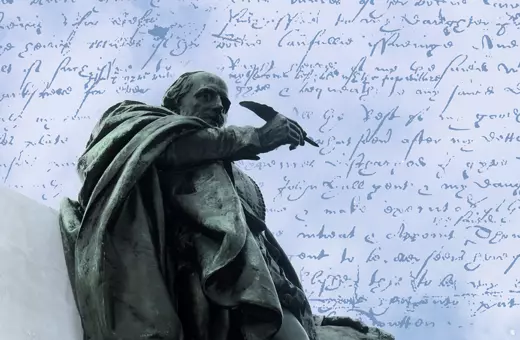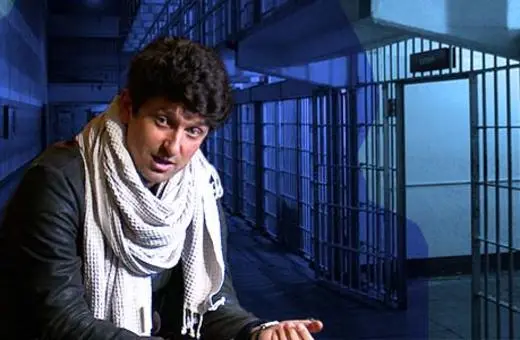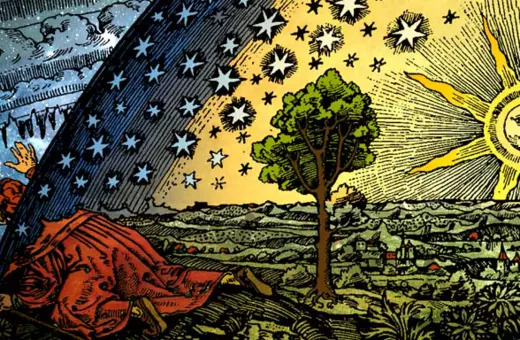Historical fiction is still fiction. Yet the amount of detailed research that goes into the period and characters that writers develop, and the realistic nature of the final product, leads viewers and readers to treat it as history proper. We might think there’s an easy way of separating the factual, historical bits from the made-up, fictional bits, but there isn’t. Plato, it seems, was right: art is dangerous as it can make us believe things that are false. Art is at best a representation of reality, not reality itself. And yet, the same can be said of historical non-fiction. History is also the product of the perspective of the writer, and perspectives belong to individuals, not reality itself, writes Derek Matravers.
In his ‘Advertisement’ for the first edition of his Life of Samuel Johnson, James Boswell complained that ‘I have sometimes been obliged to run half over London, in order to fix a date correctly; which, when I had accomplished, I well know would obtain me no praise, though a failure would have been to my discredit’ (Boswell 1992: 3). Authors of histories, autobiographies, and other non-fictions have a special obligation to get everything right; as Boswell says, we can rightly criticise an author for getting something wrong even if, were he or she to have got it right, it would have passed by pretty much unnoticed. This does not mean, of course, that everything in a non-fiction is true; but it does mean that, if things are going well, everything in a non-fiction (putting aside tropes such as metaphor) is there because the author thought it was true. This is some kind of guarantee, kite mark, that means that readers (or viewers) of non-fictions are justified in believing what they find there.
What of the genre of historical fiction? Books such as Wolf Hall and dramas such as The Crown are set in the actual world and are about the lives of actual people. Hilary Mantel, and, no doubt, the writers of The Crown do a great deal of lengthy research into what is known about the characters and the period they are representing. Are these safe spaces to form beliefs? Not really; neither Hilary Mantel nor the writers of The Crown are obliged to work under the same constraints as Boswell; they can make stuff up. Thus, we get our problem. Good, well-researched, historical fiction seems to contain the resources to teach us a great many things about the actual world. Nonetheless, if we were to take such works as grounds for our beliefs, we would be in danger of believing some of the stuff that is made up. That would leave us with some false beliefs amongst our true beliefs. So how should we treat historical fiction?
There is no method, no algorithm, by which even a careful reader is able to police the boundary between what is made up and what is not.
Given this uncertainty, perhaps the right think to do is simply to suspend judgement. Get on with enjoying the story and not let any of what we read, see, or hear creep into our set of beliefs about the actual world. This, however, seems a bit pessimistic. Most of what I think I know about Thomas Cromwell comes from Wolf Hall and no less an authority than John Churchill, the first Duke of Marlborough, claimed that he knew no English history save that which he had learned from Shakespeare. Surely there is something we can do to sort the epistemic wheat from the chaff?





















Join the conversation